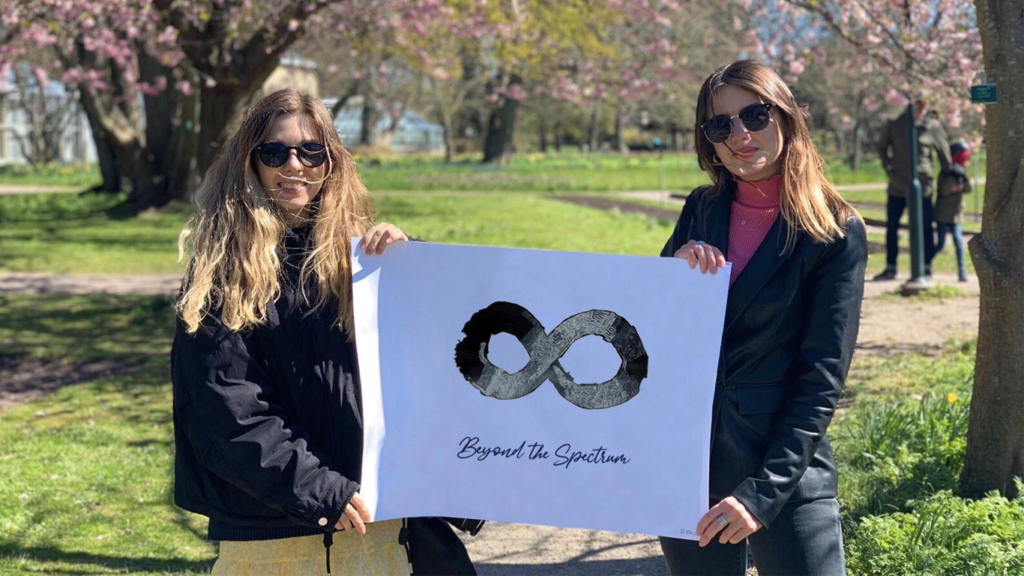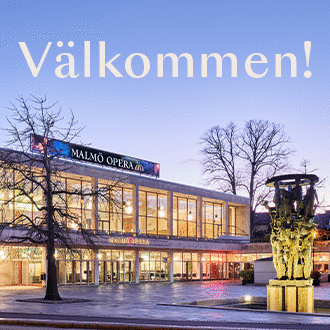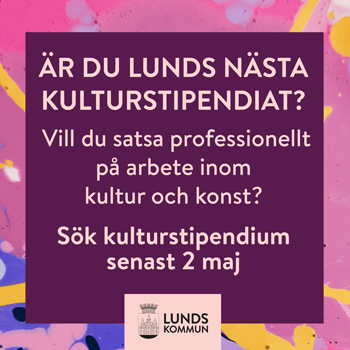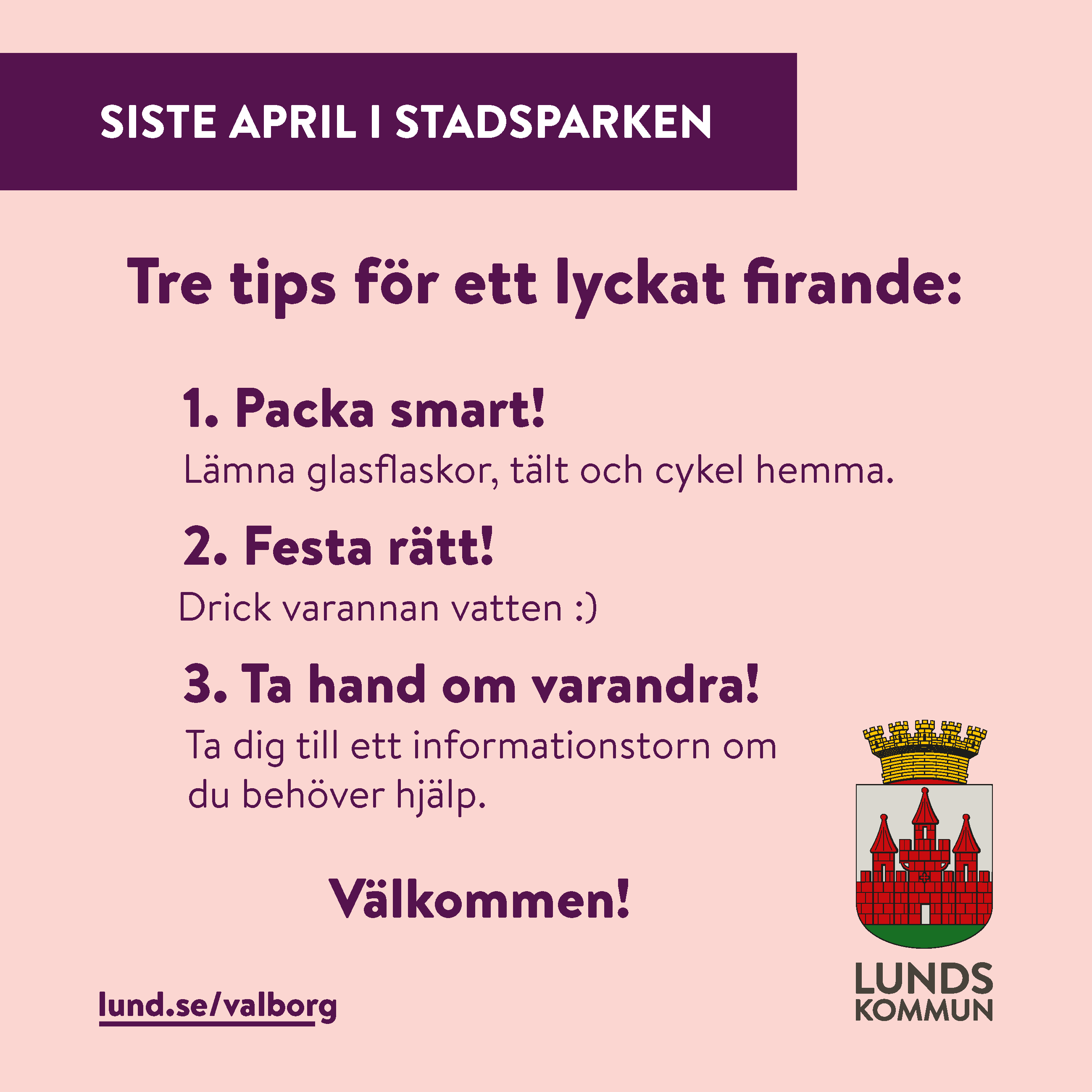Two international lundastudents host events celebrating the National Autism Acceptance Month
In honour of the National Autism Acceptance Month, Rudinë Fetahaj and Flaka Isufi, two friends from Kosovo studying at the Medical Faculty in Lund University, challenged themselves by creating an event that celebrates individuals with autism and highlights the role of e-health in the time of a pandemic.
They organised two separate events on the 24th of April and May 1st. The first was a panel discussion about the role of e-health (the healthcare services supported by electronic processes), and the second was a movie screening telling the story of an individual with autism spectrum disorder (ASD). Lundagård had the opportunity to meet with Flaka Isufi and Rudinë Fetahaj to discuss the inspiration for the events and what they learned from the experience.
Where did you get the idea for organising this event?
“We have both worked as speech therapists and volunteered at different events in Kosovo, celebrating individuals with autism. However, due to the pandemic, we are unable to organise physical events and therefore we wanted to challenge ourselves by coming up with new formats to highlight the Autism Acceptance Month.”, says Flaka Isufi.
Could you tell us more about the events?
“The panel discussion was held on April 24th. The participants were healthcare professionals from both Sweden and Kosovo, who discussed ways by which technology helps support individuals with ASD. Moreover, we discussed how technology can in fact enhance the quality of some health services. The panel also sparked a discussion about the differences in the provision of healthcare services between different countries.”
”The virtual movie screening was held on May 1st. It was streamed on Zoom and 15 participants joined us. Together we watched ”Life, Animated”, a documentary film about the story of a young man with autism who learns to express his thoughts and emotions through Disney animated movies, followed by our reflections and interpretations.”
”The participants had several questions about the movie and people with ASD, which shows us that there is a gap in conventional knowledge related to this topic. Most importantly, the questions showed a great willingness to learn more, empathize, fight stigma and find ways to support people on the spectrum,” says Flaka Isufi.
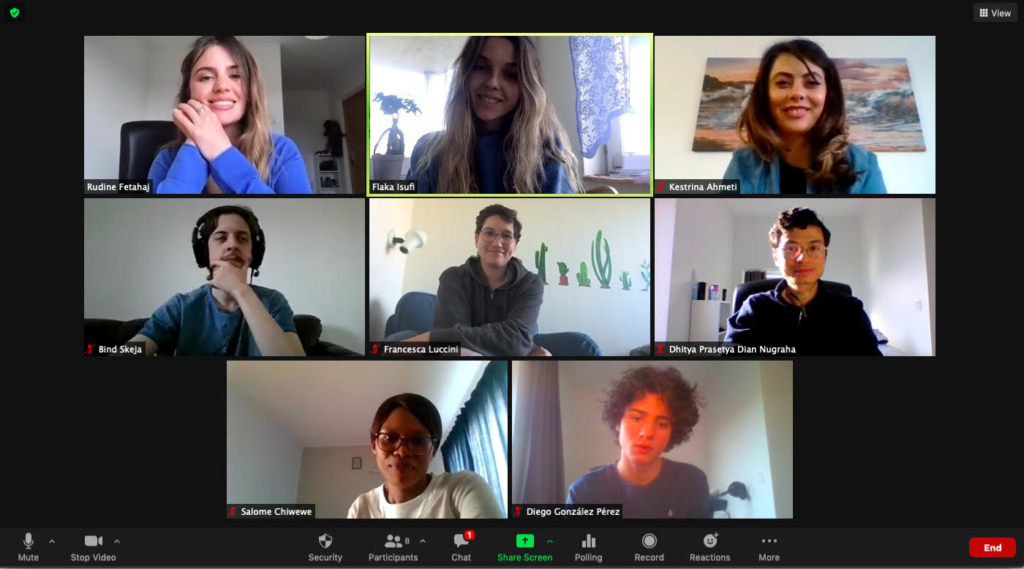
Could you elaborate on how e-health can work as a tool during a pandemic, especially for autism?
“E-health plays an extremely crucial role in the services provided during the pandemic. We use it in our everyday professions as the speech and language therapy sessions were shifted from physical to virtual. Even though the initial transition process was difficult, It was a necessary step to make to continue the provision of speech therapy services.”
Do you think that the health professionals in Kosovo have a different perspective than health professionals in Lund?
“By moving to Sweden we have gained a broader perspective about health equity. As Kosovo is still a developing country, a lot of people with ASD do not have the same access to all health services and inclusive policies. This and cultural differences could explain why the perspectives differ. However, the motives remain the same for the health professionals in both countries. We are all working towards a better healthcare system for individuals with ASD and want to ensure that they are accepted and embraced by society.”
What was the most rewarding part of the experience?
“The willingness of all the students and healthcare professionals from different backgrounds to join us and reflect on the importance of advocating for people with ASD; to try to understand their world, needs and seek for ways to create an equitable environment for them. By organizing these events, although they may seem like small initiatives, we feel great knowing that we have given our contribution in spreading the message about Autism Acceptance and hopefully have inspired others to do the same.”


